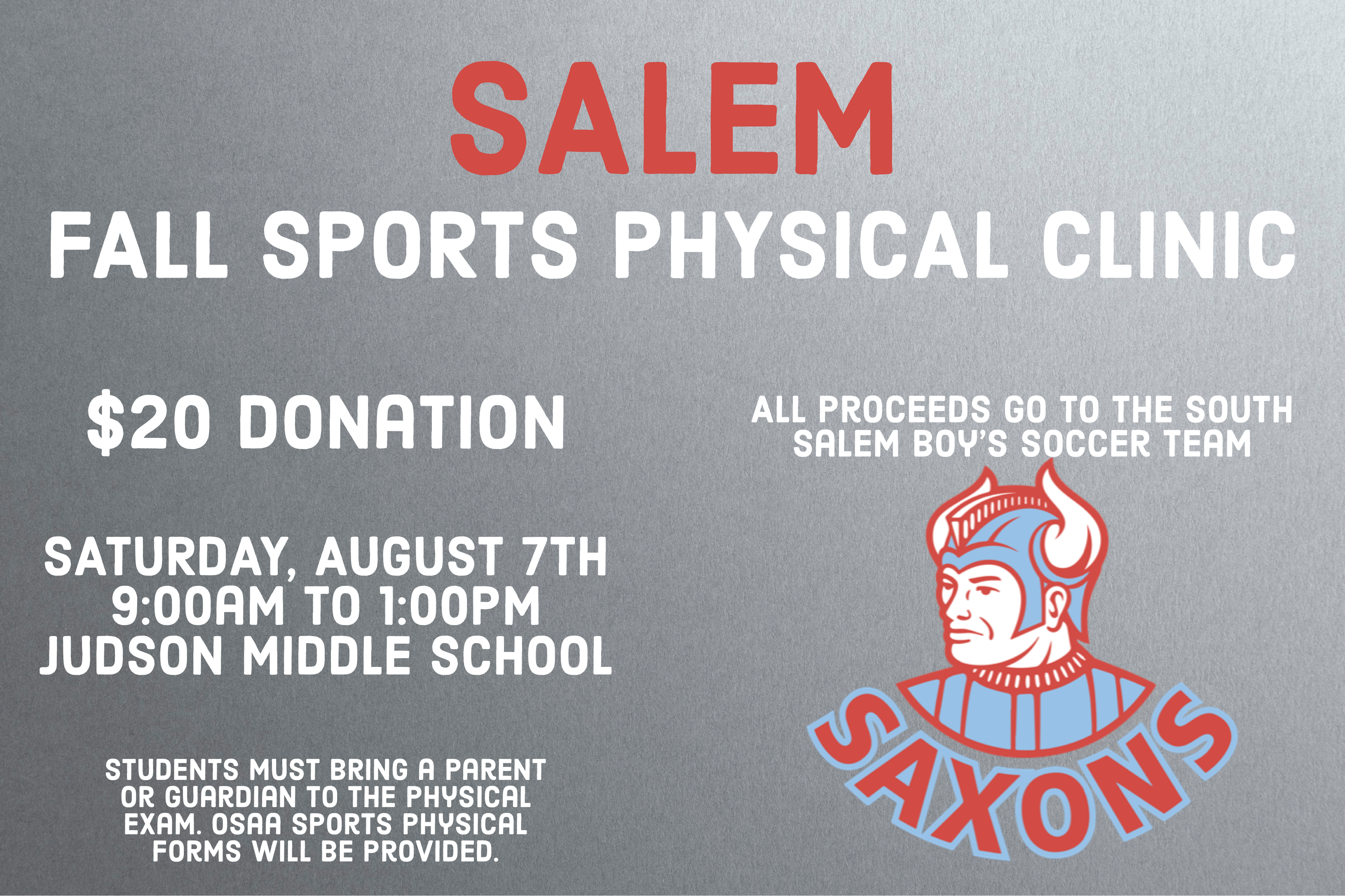Obsessive-Compulsive Disorder: Signs and Symptoms
Obsessive-compulsive disorder (OCD) is characterized by recurring, unwanted thoughts (obsessions) and/or irrational, excessive urges to do certain actions (compulsions). Although many individuals with OCD know their thoughts and urges don’t make sense, they are still often unable to stop them without treatment.
SYMPTOMS
People may experience occasional obsessive thoughts and compulsive behaviors, but in OCD the symptoms typically last more than an hour each day and interfere with all aspects of life. The following are commonly experienced symptoms in those who have OCD:
- Obsessions
- Fear of germs or contamination
- Unwanted forbidden or taboo thoughts
- Doubts about having done something right, such as locking a door at night
- Thoughts about harming yourself or others
- Need to have things in a perfect order
- Compulsions
- Excessive cleaning and/or hand washing
- Compulsive counting
- Repeatedly checking to make sure something has been done right, such as checking to make sure a door is locked
- Ordering things in a particular and precise way
TREATMENT AND RESOURCES
- To learn more about OCD, or find out if you may be affected by the disorder we recommend contacting your health care provider.
- To read more about OCD, the following resources are suggested:
- NAMI: https://www.nami.org/About-Mental-Illness/Mental-Health-Conditions/Obsessive-compulsive-Disorder
- NIMH: https://www.nimh.nih.gov/health/topics/obsessive-compulsive-disorder-ocd









